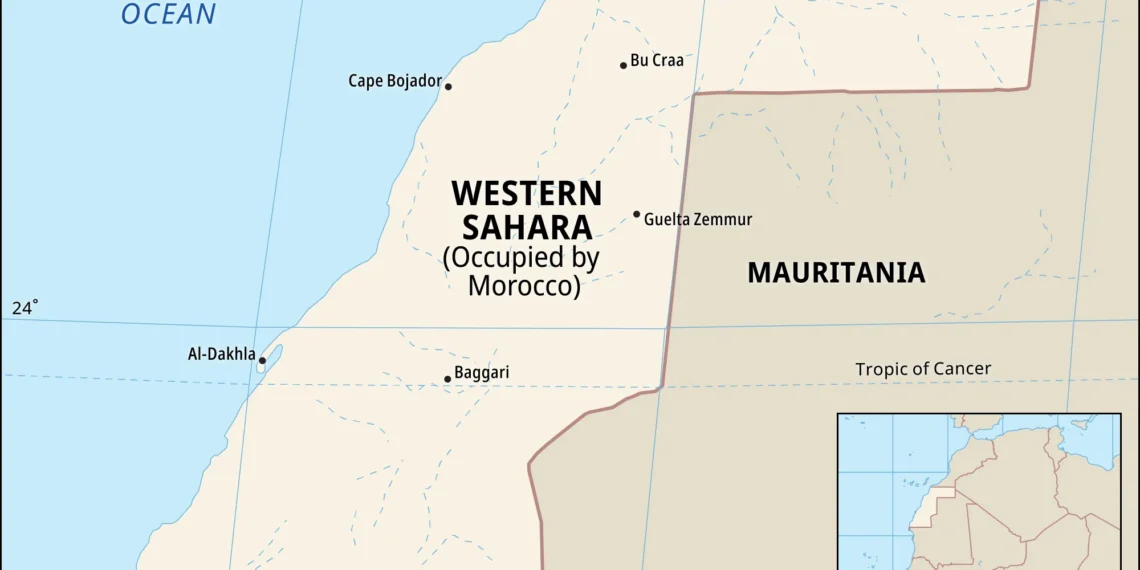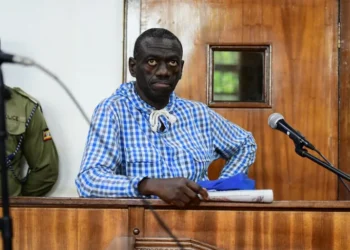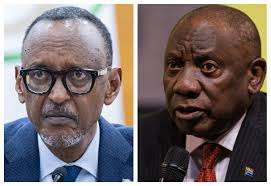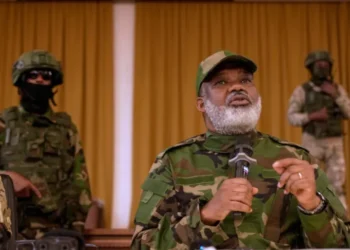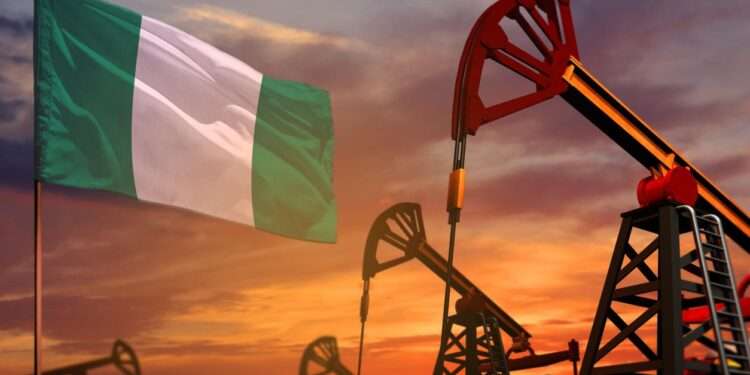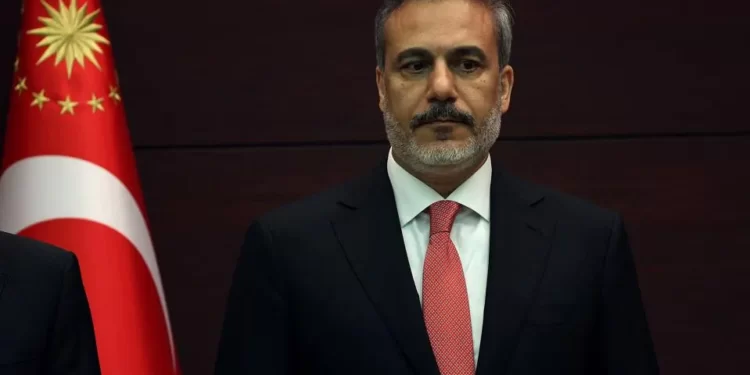France has altered its longstanding stance on the Western Sahara dispute, endorsing Morocco’s autonomy plan for the contested region.
This decision places France among a growing list of nations siding with Morocco as efforts for a United Nations-mediated peace process remain at a standstill.
President Emmanuel Macron sent a letter to King Mohammed VI, expressing support for Morocco’s 2007 proposal, which suggests granting the region limited autonomy under Moroccan sovereignty.
Macron described this plan as the “only basis” for resolving the conflict. This change in policy delivers a significant blow to the pro-independence Polisario Front, which has long claimed to be the true representative of the indigenous Saharawi people.
“The present and future of Western Sahara fall within the framework of Moroccan sovereignty,” Macron wrote in his letter, which was made public on Tuesday, July 30. “France intends to act consistently with this position at both national and international levels.”
France’s new stance marks a major victory for Morocco and follows similar decisions by the United States, Israel, Spain, and several African countries, with which Morocco aims to strengthen trade ties.
However, this move was met with preemptive criticism from both Algeria, Morocco’s regional adversary, and the Polisario Front.
Mohamed Sidati, a representative of the Polisario, accused France of contravening international law and supporting Moroccan expansionism as its influence in Africa diminishes.
“Whatever hardships Morocco tries to impose on us with the support of France, the Sahrawi people will continue to stubbornly defend their rights until they obtain the definitive departure of the Moroccan aggressor from their territory and general recognition of the legitimacy of their struggle for self-determination and independence,” Sidati, the Foreign Minister of the self-declared Saharawi Arab Democratic Republic, stated on Monday.
France’s Decision, A Regional Game-Changer
A senior Moroccan official, speaking anonymously, described France’s decision as a “game-changer” amid a global shift towards Morocco’s position.
The official emphasized France’s role as a permanent member of the United Nations Security Council, which oversees the peacekeeping mission that has mediated between Morocco and the Algeria-backed Polisario Front for decades.
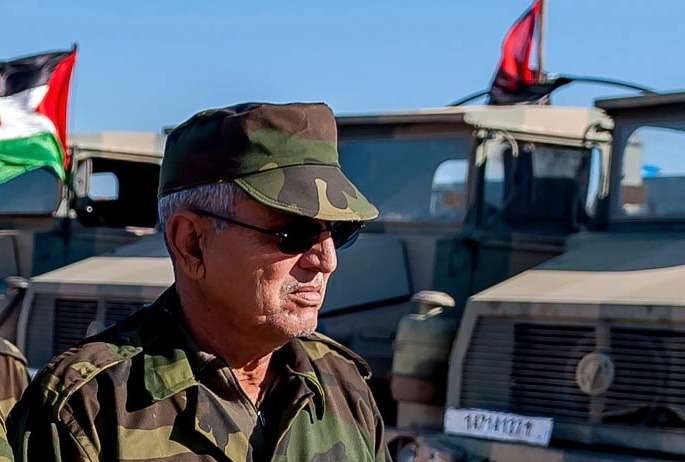
Algeria, informed of France’s policy change in advance, condemned the decision, labeling Morocco and France as “colonial powers, new and old.”
Algeria’s Ministry of Foreign Affairs issued a statement last week, asserting, “The French decision is clearly the result of a dubious political calculation, a morally questionable judgment, and legal interpretations that are neither supported nor justified.”
The conflict over Western Sahara dates back to 1975 when Morocco annexed the former Spanish colony, igniting a war with the Polisario Front.
The United Nations has recognized the Polisario as the legitimate representative of the Saharawi people.
A cease-fire brokered by the U.N. in 1991 led to the establishment of a peacekeeping mission to monitor the truce and prepare for a referendum on the region’s future.
However, disagreements over voter eligibility have prevented the referendum from taking place.
Morocco has consistently sought international recognition of its claim over Western Sahara, while the Polisario has focused on legal battles to assert its right to represent the people and territory.
Sporadic violence has flared since the Polisario resumed armed conflict in 2020, ending a 29-year truce.
This enduring territorial dispute significantly impacts North Africa, influencing issues such as migration, smuggling, and counterterrorism efforts.
France’s realignment with Morocco adds a new dimension to the geopolitical dynamics of the region, potentially reshaping North African politics.

